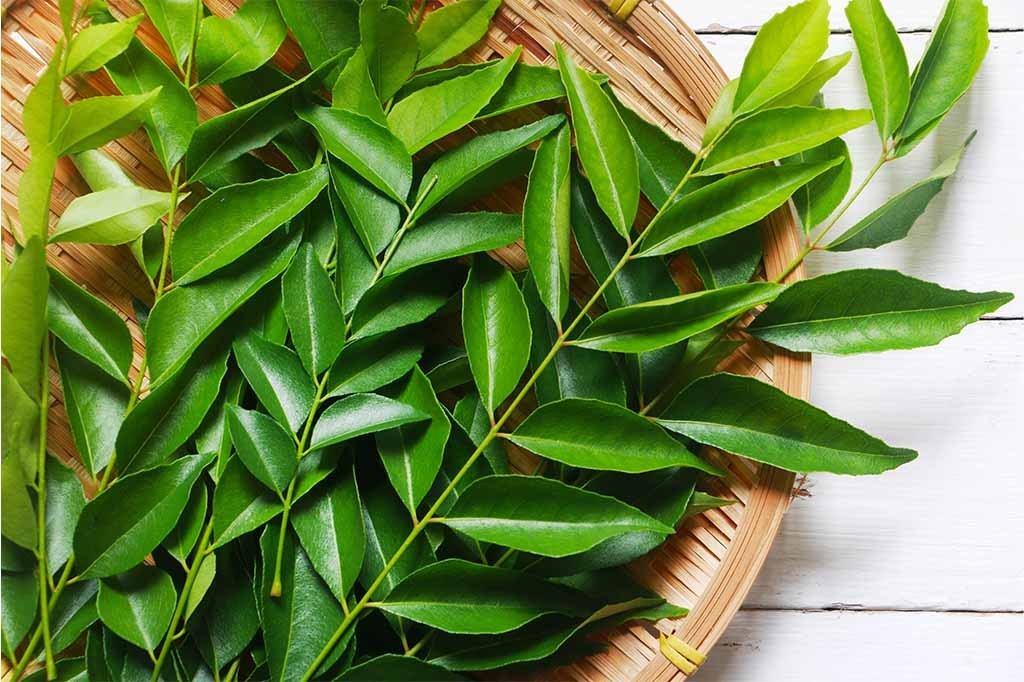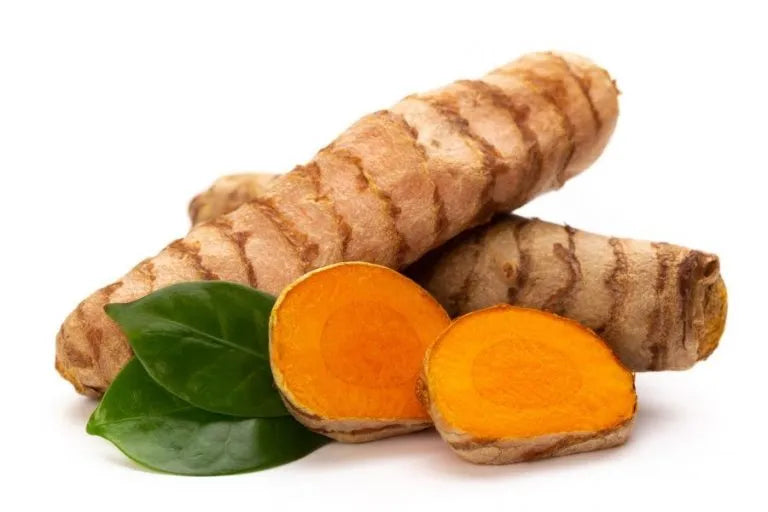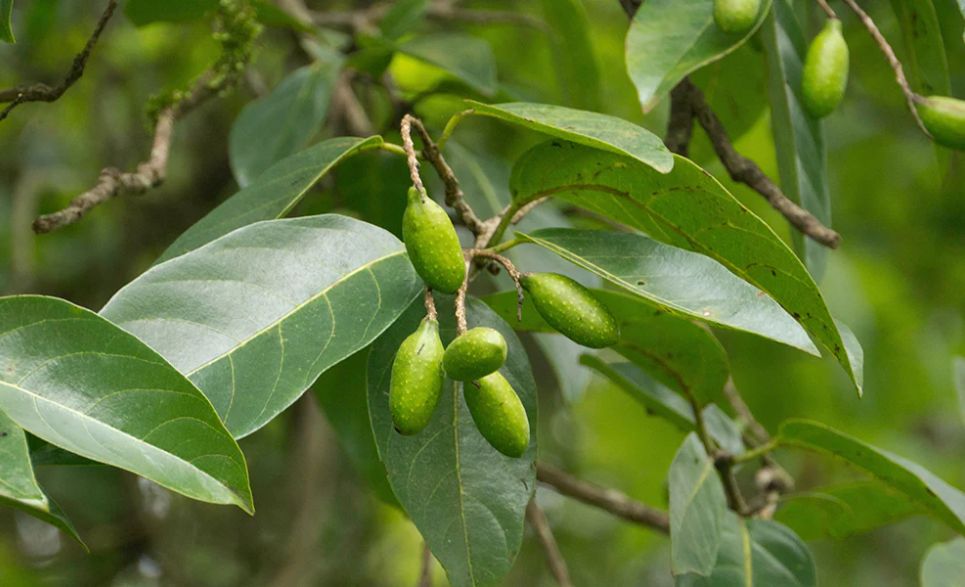
Pippali, commonly known as Long Pepper, is a revered herb in Ayurveda, valued for its ability to enhance digestion, boost immunity, and support respiratory health. This ancient spice, classified as “ushna” (hot) and “tikta” (bitter), primarily pacifies Vata and Kapha doshas, but excessive use may aggravate Pitta due to its heating nature.
Used for centuries in Ayurvedic medicine, Pippali is known for its carminative, expectorant, stimulant, and anti-inflammatory properties. It is often recommended for digestive disorders, lung congestion, metabolism enhancement, and as a natural rejuvenator (Rasayana).
Health Benefits of Pippali
1. Aids Digestion & Improves Gut Health
- Stimulates digestive fire (Agni), improving metabolism.
- Reduces bloating, indigestion, and gas, making food easier to digest.
- Helps in managing conditions like acidity, constipation, and sluggish digestion.
2. Clears Respiratory Congestion
- Acts as a natural expectorant, loosening mucus and clearing nasal passages.
- Beneficial for cough, cold, asthma, and bronchitis.
- Strengthens lung function and boosts oxygen circulation.
3. Enhances Absorption of Nutrients & Herbs
- Pippali improves the bioavailability of nutrients and herbal medicines.
- It is often used in Ayurvedic formulations to enhance the potency of other herbs.
4. Boosts Immunity & Fights Infections
- Rich in antioxidants, helping the body fight infections and chronic illnesses.
- Strengthens the body’s natural defense system against seasonal colds and flu.
5. Supports Healthy Weight Management
- Speeds up metabolism, promoting fat digestion.
- Helps in managing Kapha-related weight gain and sluggishness.
6. Balances the Doshas
- Vata: Supports digestion and circulation, preventing dryness and coldness.
- Kapha: Reduces excess mucus, sluggish digestion, and heaviness.
- Pitta: Can aggravate Pitta if overused, leading to heat-related issues.
7. Promotes Detoxification & Liver Health
- Stimulates blood circulation and helps in flushing out toxins (Ama).
- Supports liver function and natural detoxification.
8. Supports Cognitive Function & Mental Clarity
- Considered a brain tonic, enhancing focus, memory, and concentration.
- Helps combat mental fatigue and stress-related disorders.
9. Provides Natural Pain Relief & Reduces Inflammation
- Beneficial for arthritis, joint pain, and muscle soreness.
- Contains anti-inflammatory compounds that aid in healing and pain relief.
10. Rejuvenates the Body & Enhances Longevity
- Classified as a Rasayana (rejuvenator) in Ayurveda.
- Regular use supports overall vitality, strength, and longevity.
Ways to Use Pippali
Pippali can be consumed in various forms depending on the desired health benefits:
✅ Pippali Powder (Churna): Mixed with honey or warm water for digestion and immunity.
✅ Pippali in Ghee: Used in Ayurvedic remedies for enhanced absorption.
✅ Pippali Tea: Brewed with warm water for respiratory relief.
✅ Pippali with Honey: An effective remedy for cough and congestion.
✅ Pippali Oil or Capsules: Convenient for daily wellness support.
Recommended Dosage
- Pippali Powder (Churna): ¼–½ teaspoon (1–2 grams) with warm water or honey, once or twice daily.
- Pippali Tablets/Capsules: 250–500 mg per day, or as advised by an Ayurvedic expert.
- Pippali Decoction (Tea): Boil ½ teaspoon of Pippali powder in water and drink once a day.
- Pippali Paste (For External Use): Mix with ghee or oil for joint pain relief.
💡 Note: Always consult an Ayurvedic practitioner before prolonged use.
Precautions & Side Effects
⚠️ Can Aggravate Pitta: Overuse may lead to acidity, heartburn, or excessive heat in the body.
⚠️ Pregnancy & Breastfeeding: Limited studies exist, so avoid unless prescribed by a doctor.
⚠️ Caution for Kids & Elderly: Use with care due to its potency.
⚠️ Avoid High Doses: Excessive use may cause nausea, digestive discomfort, or a burning sensation.
⚠️ Digestive Sensitivities: Not suitable for individuals with gastritis, ulcers, or acid reflux.
⚠️ Interaction with Medications: Pippali enhances drug absorption, so consult a doctor if on digestive, metabolic, or immune-modulating medications.
⚠️ Blood Disorders: As Pippali stimulates circulation, use cautiously if you have bleeding disorders or take blood thinners.
FAQs About Pippali
1. Can I consume Pippali daily?
Yes, but in moderation. Long-term use should be guided by an Ayurvedic expert.
2. How long does Pippali take to show effects?
- For digestion: 1–2 days.
- For respiratory health: 1–2 weeks of consistent use.
- For immunity & metabolism: 4–6 weeks of regular intake.
3. Can Pippali help with weight loss?
Yes, it boosts metabolism and supports fat digestion, aiding in healthy weight management.
4. Should Pippali be taken on an empty stomach?
It is best taken after meals to prevent acidity. If taken in the morning, mix it with honey or warm water.
5. Can Pippali be applied externally?
Yes, Pippali paste or oil can be used for joint pain and inflammation relief.
6. Does Pippali have any side effects?
Excessive consumption may cause heat-related issues, nausea, or acidity. Stick to recommended doses.
Conclusion
Pippali (Piper longum) is a powerful Ayurvedic herb with a wide range of benefits, from enhancing digestion and lung health to boosting metabolism and immunity. Its ability to balance Vata and Kapha makes it a valuable natural remedy for many health concerns.
However, moderation is key—while it offers remarkable health benefits, excessive use may cause Pitta-related imbalances. Whether used as a powder, tea, or supplement, Pippali is a natural powerhouse for holistic wellness when taken responsibly.
References
📖 Ayurvedic Pharmacopoeia of India – Ministry of AYUSH, Government of India.
📖 Sharma, P. V. (2000). Dravyaguna Vijnana – Ayurvedic Pharmacology.
📖 Charaka Samhita – Classical Ayurvedic Text on Herbal Medicine.
📖 Kapoor, L. D. (2001). Handbook of Ayurvedic Medicinal Plants.
📖 Research Studies on Pippali – National Institute of Ayurveda.





